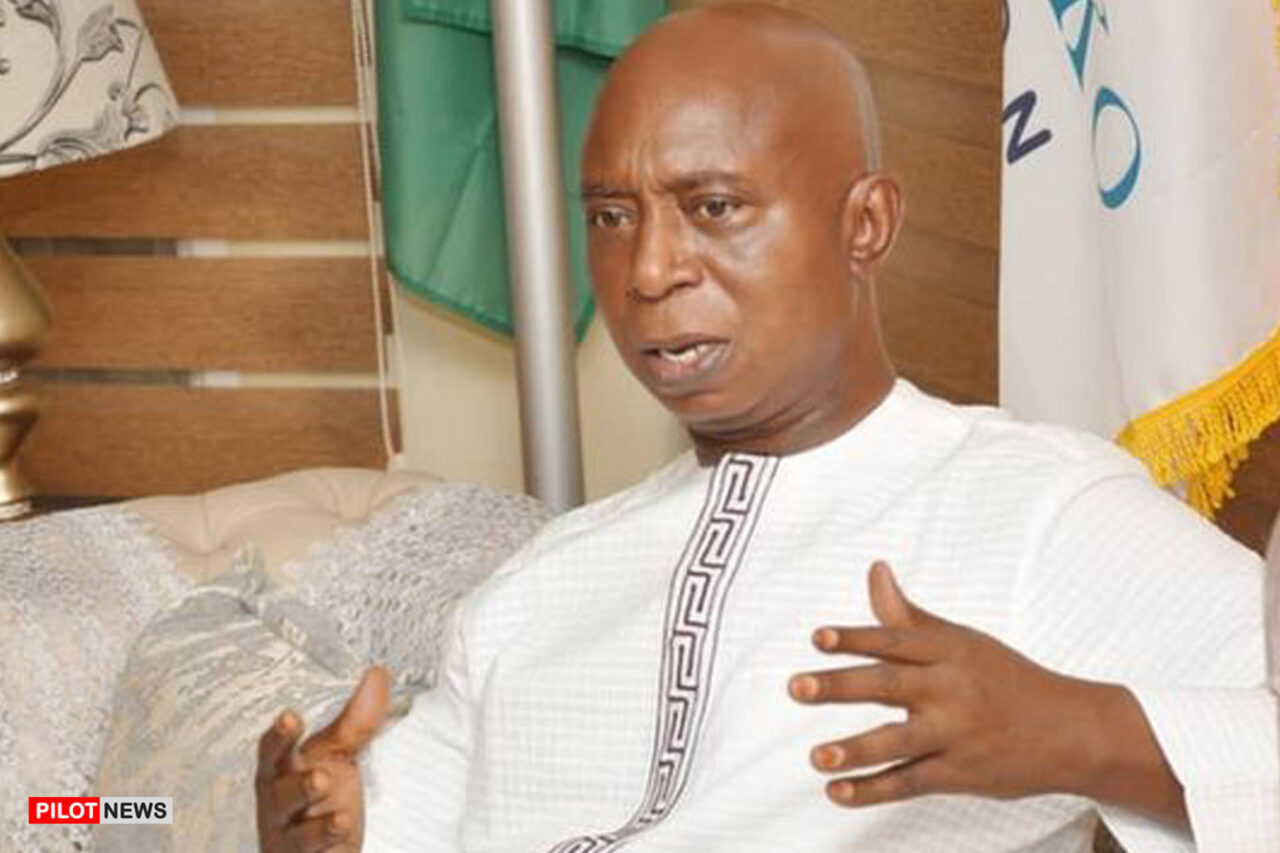An interim report by the Senate’s Ad-Hoc Committee on Crude Oil Theft has raised alarming concerns about decades of revenue loss in Nigeria’s oil sector. According to the report, the country may have lost more than US$300 billion to theft, leakages, and systemic corruption.
The findings, presented on Wednesday by Senator Ned Nwoko (Delta North), reflect deep-rooted lapses in governance, regulation, and oversight of Nigeria’s petroleum industry. Weak enforcement, substandard measurement practices, and unaccounted-for exports are among the major failings identified.
“The findings so far expose systemic irregularities and inefficiencies that have robbed the country of enormous wealth,” Senator Nwoko told his colleagues during the presentation of the 40-page interim report.
Consultant-supplied data cited in the report estimates crude-oil revenue shortfalls of US$81 billion between 2016 and 2017, alongside more than US$200 billion in unremitted or untracked proceeds dating back to 2015.
The committee described the total as “massive”, given the scale of losses over multiple years.
These figures have sparked considerable concern among lawmakers, who described the revelations as “disturbing” and “eye-opening.”
While the Senate broadly supported the committee’s work, several senators urged caution regarding the committee’s proposed scope of action, especially on recovery of stolen funds.
Senator Abdul Ningi (Bauchi Central) commended the effort but warned against assuming executive functions:
“We can track and trace, but recovery is beyond the powers of the Senate. That function belongs to the EFCC or ICPC,” he said.
Likewise, Senator Solomon Adeola (Ogun West), Chairman of Appropriations, insisted: “The committee should provide names, figures, and locations, but recovery is an executive responsibility.”
Former Accountant-General of the Federation, Senator Ibrahim Dankwambo (Gombe North), went further, calling for a rigorous forensic audit. “This is not a simple theft problem; it is a complex network of collusion and concealment,” he said.
He argued for a well-by-well and rig-by-rig audit to map and expose every actor — whether companies, individuals, or illegal refineries.
To address the crisis, the committee proposed a series of reforms, including:
- Strict enforcement of internationally accepted crude-oil measurement standards at all production sites and export terminals under the supervision of the Nigerian Upstream Petroleum Regulatory Commission (NUPRC).
- Deployment of modern surveillance systems — including unmanned aerial vehicles (drones) — to monitor pipelines and coastal operations.
- Establishment of a Maritime Trust Fund to improve maritime safety and infrastructure.
- Creation of special courts dedicated to swift prosecution of crude-oil theft and sabotage.
- Full implementation of the Host Communities Development Trust Fund under the Petroleum Industry Act (PIA).
- Reassignment of abandoned or decommissioned wells to the NUPRC for proper utilisation or handover to modular refineries.
Senate President Godswill Akpabio applauded the committee’s courage but emphasised constitutional limits.
“Our duty is to track and trace. Recovery lies with government agencies. Nonetheless, this $300 billion revelation is staggering and demands urgent reform.”
Following the debate, the Senate adopted the interim report and charged the committee to continue its inquiry. A final, comprehensive report is expected, with actionable recommendations to halt oil theft, close regulatory gaps, and restore lost revenue.
- Civil Society Group to Stage Protests in Kaduna Against El-Rufai - March 2, 2026
- Oil Prices Hit $79, Surpass Nigeria’s Budget Benchmark - March 2, 2026
- A Decade After Chibok Abduction, Documentary Spotlight Parents’ Pain - March 2, 2026

